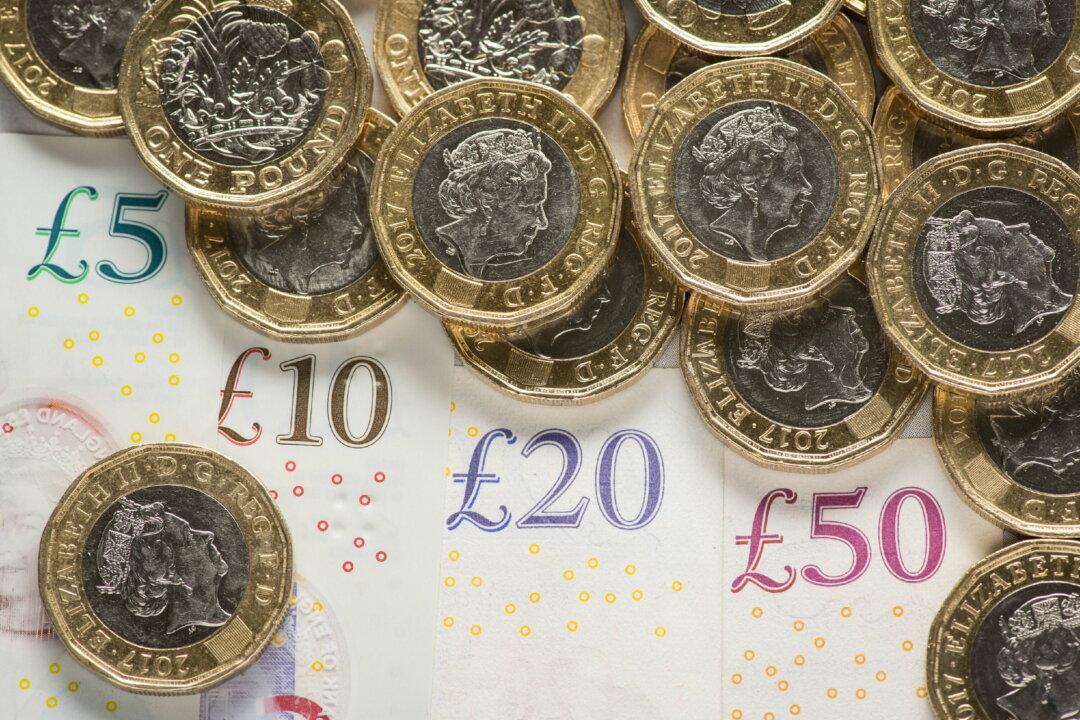Government borrowing jumped by £18 billion in the year to March 2023, with the figure blamed on rising interest rates and the cost of supporting energy bills.
The Office for National Statistics (ONS) said public sector borrowing reached £139.2 billion in 2022/23, the fourth-highest figure since records began and £18.1 billion more than in 2021/22, according to official figures.





